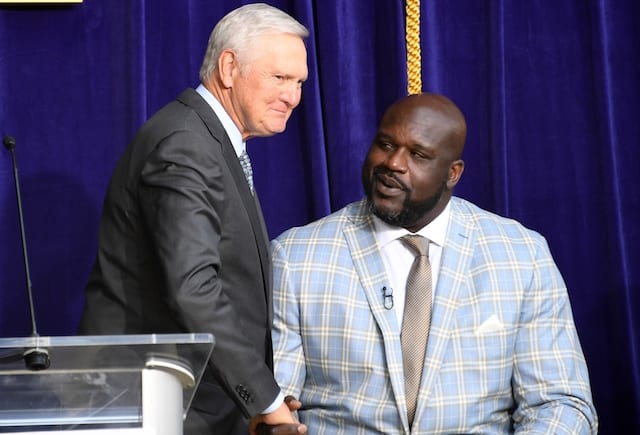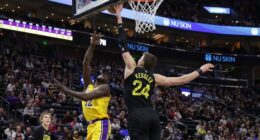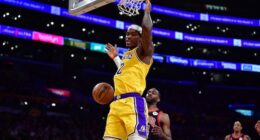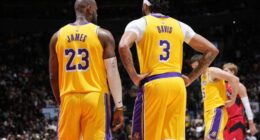The feud between Jackson and Jerry Krause finally reached a boiling point in 1998. Jackson accused Krause of rooting against his own team purely to see Jackson fail. Krause told the media that Jackson’s charm wasn’t as infectious behind the scenes. Both refused to back down, which resulted in an inevitable explosion.
Jackson left the Bulls following the teams sixth championship in 1998. Chicago replaced him with Iowa State coach Tim Floyd. Floyd coached less than four seasons in Chicago, never winning more than 17 games. Jackson fell off the map. He took his six rings and disappeared, vowing never to coach again.
Out in Los Angeles a young basketball team had all the pieces but none of the glue. They were eerily similar to another talented team from a decade earlier. However, building a championship caliber team is a tricky thing. It’s not a question of mathematics, but chemistry.
The General Manager of the Lakers, the legendary Jerry West, knew this to be true. While he could have as much fun as he wanted on that theoretical calculator, without the ultimate chemist his team would never be able to achieve its full potential.
At first, West was hesitant to bring in Phil Jackson and the ego that came with him. After the unpleasant divorce in Chicago, there were questions surrounding Jackson and his tactics. All those questions came with the knowledge that West couldn’t ignore. Results don’t lie. Jackson was a six time NBA champion as a coach, and was able to fight through distraction while still coaching one of the most dominant teams in league history.
West knew there were no other alternatives. On June 17, 1999, the Lakers signed Phil Jackson as their next head coach. Not only was Jackson back in the NBA, he was in its most distraction-laden city, Los Angeles.
It was appropriate, if you think about it, because Jackson’s story is that of Hollywood lore. A small-town boy makes it big in Los Angeles? One word comes to mind once again. Unreal.
Next: More of the Same





